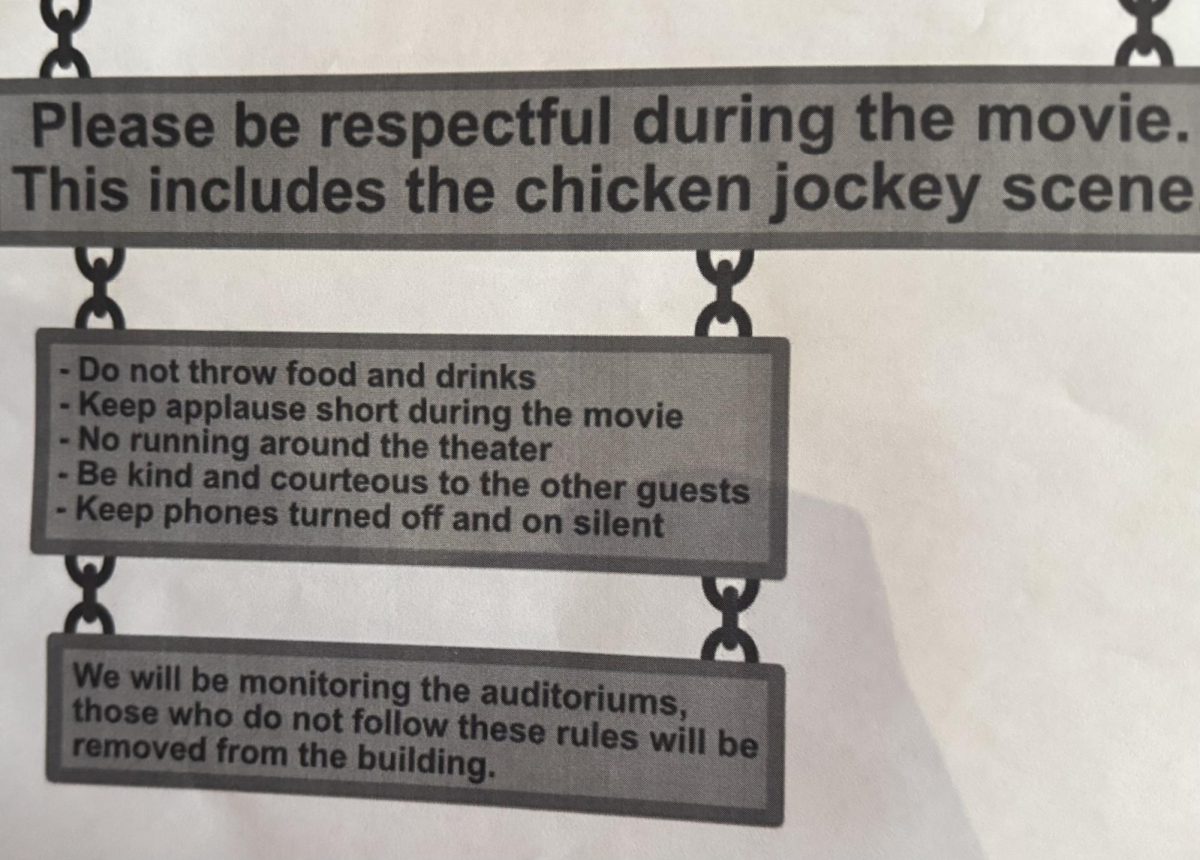By Ollin Montes
My name is Ollin Montes, and I was one of the cofounders of Anti-Racism@Mac. My desire for this group arose out of wanting to take on Color-Blind racism on our majority white campus. I felt frustrated by how conversations at Macalester treated racism as a foreign and intellectual phenomenon removed from lived experience. I felt the need became more urgent as students — in particular, white students — with the event of Philando Castile’s killing became more drawn to racial justice work. A friend of mine shared this concern as well, and we reached out to people whom we perceived would want to work with us. We formed a Facebook message thread and invited more people. Those people invited more people resulting in the group Anti-Racism@Mac. I want to make clear that this letter expresses my views on Anti-Racism@Mac not the views of all the former members.
Anti-Racism@Mac failed in its objectives. It failed because it lacked a clear framework for dividing responsibilities and establishing group consent for decisionmaking. It lacked a coherent shared vision or rallying point. Many times, this left the members in a precarious position in knowing how to respond to the changing political climate nationally and on campus. We tackled too many goals. We sought to transform student culture and the campus institutions. We struggled to adequately meet the needs of students of color and white students in a multiracial coalition. At times, we privileged the needs of white students over students of color. We relied to often on a Facebook group message thread as a substitute for organizing practices. This resulted in miscommunications and undermined the ability for members to express dissent—weird phenomen a of group messaging psychology. Because of our name and how we carried ourselves online , we became gate-keepers for what was “authentic” anti-racist work. In turn, this stifled the open exchange in person of honest critical perspectives that could complicate what Anti-Racism work on campus means in theory and practice. I’d like to share my views of the limitations of this increasing pressure to use social media tools.
As students, we have busy lives. The demands on our time seem to only increase and tax what little time we do have to give to interests outside of our immediate priorities: classes, homework, internships, jobs, friendships etc. Facebook seems to present a time saving way to organize. We can form message threads of like minded people sharing an interest in a particular issue. The mistake I made as a leader was assuming that this digital tool alone could enable us to leverage student power. I neglected that building student power depends on face to face interactions with individuals who have varying levels of connection and support to the campaign you organize. Having diverse connections with students, which include those who want to organize with you, be allies in your campaign, those sympathetic to your campaign but stretched for time, and those on the fence, expands the reach of your messaging and base of collective power. Websites, Facebook threads, events and hashtags alone limit the reach to those already sympathetic to the issue because of how we prune our online networks for those who already agree with you. In-person organizing crystallizes your framing of the issues and the group’s intent. In the absence of these in person interactions social media tools can lead to a spectrum of interpretations of your goals which compromise your intended messages. I learned that old-school organizing must continue to be the backbone for my future political work as I decide to use social media tools.
I share this letter in The Mac Weekly to provide transparency about the workings of this group. Likewise, to spur inclusive critical dialogue about racial justice work moving forward at Macalester. But also to take responsibility for how my membership and leadership in this group both helped and hurt our campus. I end with the wise reflections of scholar-activist Charmaine Chua, who shared with me that peace and justice work requires “failing upwards”. My experience with AntiRacism@Mac reflects this idea. I want to share these mistakes with the student body and, in particular first and second years so you can do better. Conversations with you have left me feeling heartened by your passion, political consciousness and bold leadership styles. I sense our campus will come closer to practicing with integrity our value of multiculturalism under your leadership. A value we don’t know how to put into practice privately, in our campus culture and in our institutional life. Under our current paradigm, Eurocentrism/whiteness remains unnamed and pervasive, while “everything else” is considered a culture. Whiteness is a culture, and by failing to recognize it this enables the projection of prejudices onto people of color and their cultures.
Although changes need to happen at Macalester, focus on Racial Justice work must pivot to include more engagement in the surrounding community. The Republican-controlled legislature will consider a public transportation bill that cuts funding to Metro-transit. In response, Metro-Transit might have to cut 40% of its services in the Twin Cities and increase fares. This will disproportionately affect working class communities of color in the Twin Cities. There exist a myriad of other issues related to racial justice in the Twin Cities that require student support. An exclusive focus of our engagement to racial justice issues on campus can become insular and removed from outside realities.
Our time in history calls on us to innovate our political action in ways we haven’t before. I anticipate that we will fail often in the coming years. However, it’s only in these failures that we can come closer to our aspirations of a world of justice and prosperity for all. Each of these mistakes unveils new insights for better strategies, organizations and clearer articulations of what progress means. Our future success depends on our failures and our willingness to keep failing in pursuit of a world of equal human dignity and prosperity.







Emily Coleman • Sep 7, 2019 at 8:39 am
I am actually keen of seeing funny video lessons at youtube, and this video clip is in fact so humorous, hehehhe.